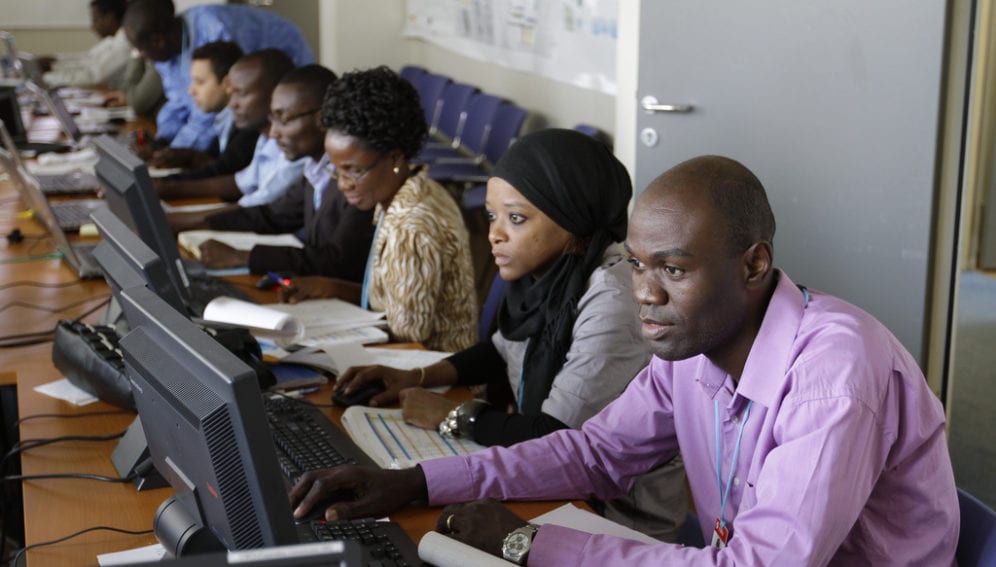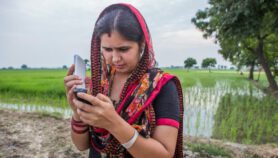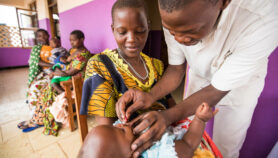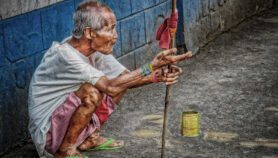By: Jan Piotrowski
Send to a friend
The details you provide on this page will not be used to send unsolicited email, and will not be sold to a 3rd party. See privacy policy.
The open-data community made great strides in 2013 towards increasing the reliability of and access to information, but more efforts are needed to increase its usability on the ground and the general capacity of those using it, experts say.
An international network of innovation hubs, the first extensive open data certification system and a data for development partnership are three initiatives launched last year by the fledgling Open Data Institute (ODI), a UK-based not-for-profit firm that champions the use of open data to aid social, economic and environmental development.
Before open data can be used effectively the biggest hurdles to be cleared are agreeing common formats for data sets and improving their trustworthiness and searchability, says the ODI’s chief statistician, Ulrich Atz.
“As it is so new, open data is often inconsistent in its format, making it difficult to reuse. We see a great need for standards and tools,” he tells SciDev.Net. Data that is standardised is of “incredible value” he says, because this makes it easier and faster to use and gives it a longer useable lifetime.
The ODI — which celebrated its first anniversary last month — is attempting to achieve this with a first-of-its-kind certification system that gives publishers and users important details about online data sets, including publishers’ names and contact information, the type of sharing licence, the quality of information and how long it will be available.
Certificates encourage businesses and governments to make use of open data by guaranteeing their quality and usability, and making them easier to find online, says Atz.
“Open data is often … difficult to reuse. We see a great need for standards and tools.”
Ulrich Atz, ODI
Finding more and better ways to apply open data will also be supported by a growing network of ODI ‘nodes’: centres that bring together companies, universities and NGOs to support open-data projects and communities.
Although of the 13 nodes, Argentina and the United Arab Emirates host the only two that are based outside the developed world, Atz is confident this will change over the coming year due to the intense interest shown by developing countries such as Indonesia.
The “huge potential” for open data in the developing world will be further advanced through the ODI’s cooperation with both the World Bank and the Open Knowledge Foundation on the Open Data Partnership for Development, he adds. This three-year project, which is due to finish its first phase of assessing the current landscape this month, aims to help policymakers and citizens in the developing world understand and reap the benefits of open data.
Tim Davies, the open-data research coordinator for the World Wide Web Foundation, also sees great possibilities for developing nations as the momentum continues to build.
Because lower-income countries often lack well-established data collection systems, they have greater freedom to rethink how data are collected and how they flow between governments and civil society, he says.
But there is still a long way to go. Open-data projects currently rely on governments and other providers sharing their data on online platforms, whereas in a truly effective system, information would be published in an open format from the start, says Davies.
Furthermore, even where advances are being made at a strategic level, open-data initiatives are still having only a modest impact in the real world, he says.
“Transferring [progress at a policy level] into availability of data on the ground and the capacity to use it is a lot tougher and slower,” Davies says.
See below for a video by the ODI on its certification scheme:














